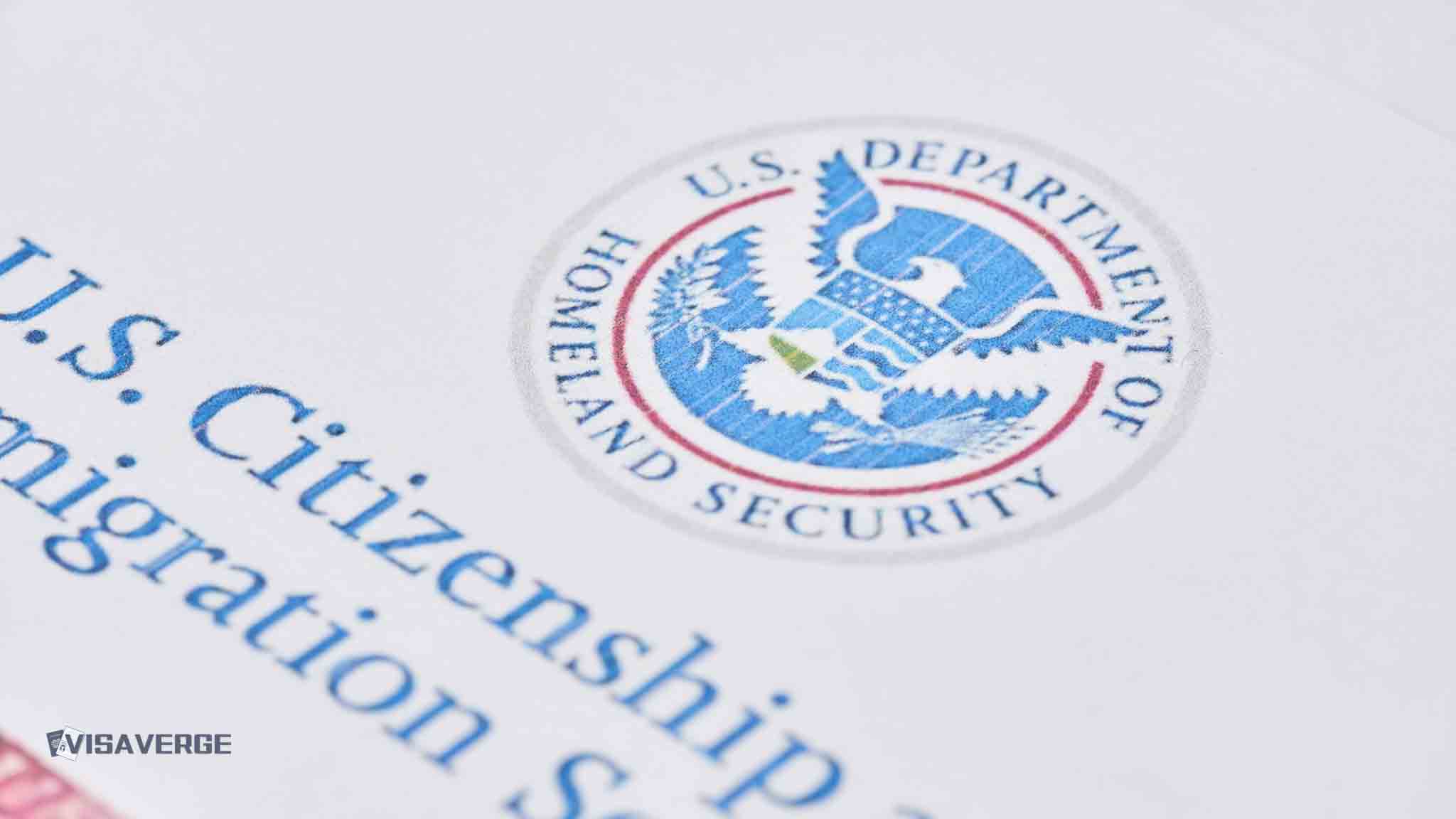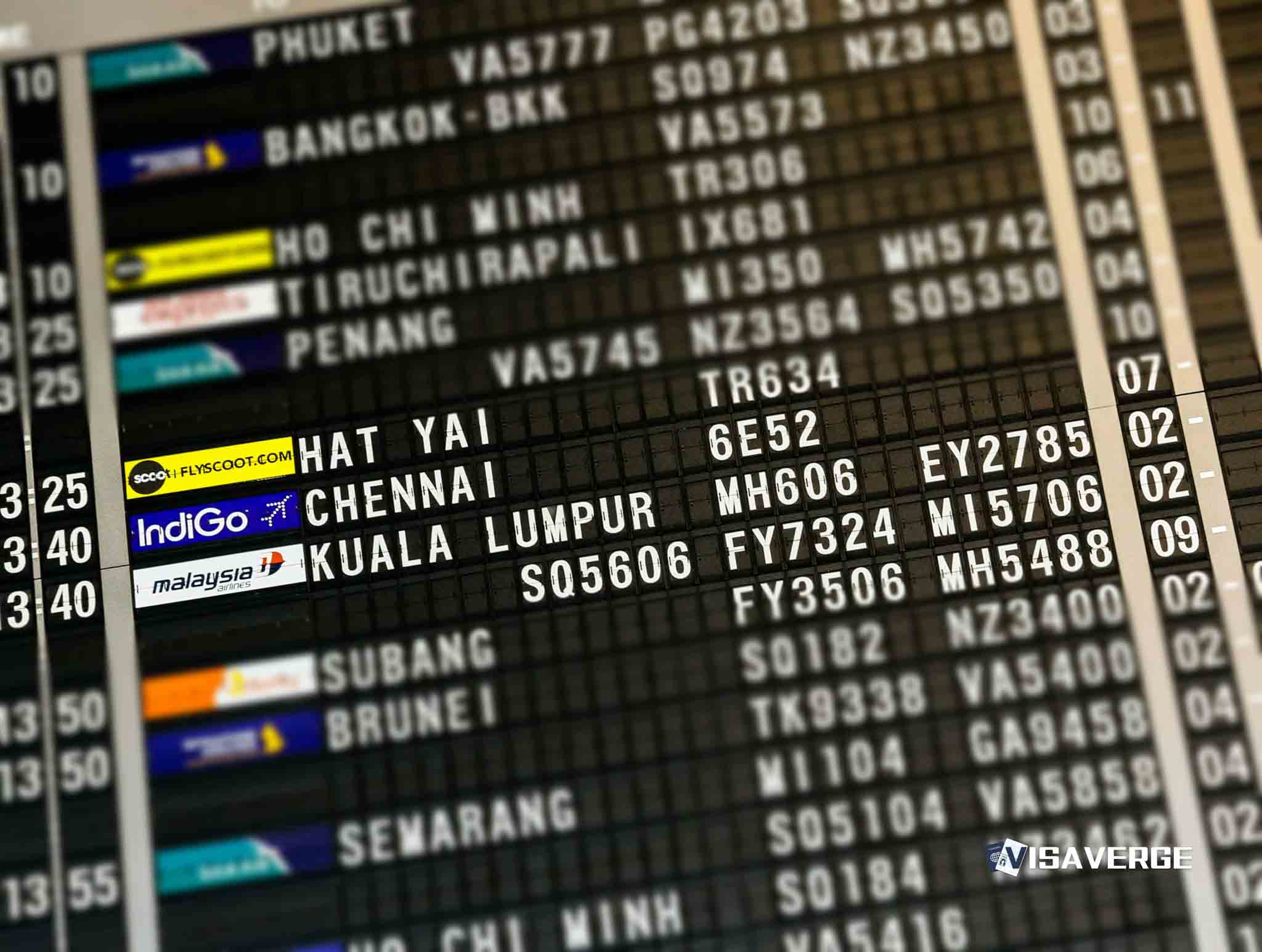(NEW YORK CITY) Zohran Mamdani’s mayoral bid has drawn fresh scrutiny from some Jewish community leaders and historians this week, who say his policy agenda—centered on rent freezes, fare-free buses, universal childcare, and progressive taxation to fund social programs—does not speak directly to the roots and realities of Jewish immigrant life in New York City. The debate, sparked in part by recent commentary arguing his platform overlooks the city’s unique Jewish story, raises questions about how a broad social-justice message connects with communities shaped by generations of migration, religious identity, and neighborhood ties.
The core of the criticism and the counterargument

Critics do not say Mamdani ignores immigrants altogether. His proposals focus on economic inequality, housing stress, and public transit access—issues affecting many of the city’s 3.2 million foreign-born residents. Still, they argue that in a city where Jewish immigrant life has shaped neighborhoods from the Lower East Side to Brooklyn for centuries, the absence of explicit reference to Jewish history and contemporary concerns leaves a gap.
- An opinion piece in The Jerusalem Post argued New York City was built on “cultural pluralism,” and said Mamdani’s vision does not reflect the distinct past and present of Jewish New Yorkers.
Supporters counter with a universalist view: a platform prioritizing affordable housing, low-cost transit, and childcare benefits working families across faiths and backgrounds, including Jewish New Yorkers facing rising rents and longer commutes in boroughs where car ownership is less feasible. They also point to the historic use of progressive revenue streams in city politics to expand public goods that ease costs for seniors, new parents, and small business workers.
Security, identity, and political mood
Tension in the political mood centers not only on policy details but on identity and safety.
- Some Jewish residents say Mamdani’s outspoken pro-Palestinian stance and criticism of Israeli government policies contribute to a climate where Jewish New Yorkers feel marginalized.
- A few worry a Mamdani victory could accelerate Jewish flight from the city, particularly among families already considering suburbs or other communities where they feel safer and more heard.
Those concerns are broader than taxes or transit; they’re about whether communal identity will be seen and respected in City Hall.
Historical context: why specifics matter
Mamdani has not proposed policies that single out any one group for special treatment. Yet critics say avoiding specifics can feel like silence in a city with a layered immigrant past.
- Jewish immigrant life in New York traces back to 1654, when Sephardic Jews fleeing the Inquisition arrived.
- Waves of 19th- and early-20th-century immigration—especially Ashkenazi families—settled in tenements, opened shops, formed unions, and powered cultural movements from Hester Street to Broadway.
In this reading, a platform that omits such references risks flattening the city’s story at a time when identity concerns are heightened.
“A lack of direct engagement with a community’s past and present can hit harder in times of social strain,” historians say.
Analysis from VisaVerge.com suggests that large cities with robust immigrant networks face sharper local political tests when international rhetoric spills into local life, because residents look for leaders who acknowledge their fears and will guard against bias and harassment.
What Jewish community leaders want
Some Jewish New Yorkers are asking for tangible engagement measures that would signal recognition and build trust:
- Hearing sessions with community institutions
- Policy papers or public statements that reference Jewish history and neighborhood contributions
- Symbolic gestures acknowledging schools, synagogues, small businesses, and social-service groups that anchor daily life
- Clear statements and plans addressing antisemitism and public safety
They note past mayors blended universal services with community-specific engagement, even amid budget constraints.
Mamdani’s policy framing and practical appeal
Mamdani’s campaign frames the agenda as a direct response to the city’s cost pressures:
- Fare-free buses: reduce daily expenses and shorten commutes for low-wage workers
- Rent freezes: slow displacement and housing churn
- Universal childcare: lower one of the biggest monthly costs for parents
- Progressive taxation: fund these measures while preserving essential services
For many families—including Jewish immigrant households in outer-borough neighborhoods—these measures address immediate, practical needs that affect whether they can remain in place and sustain community life.
City services and the limits of programmatic solutions
City agencies provide tools that touch both universal and community-specific needs. For example, the Mayor’s Office of Immigrant Affairs offers:
- Language access
- Legal referrals
- Connections to benefits for immigrant New Yorkers across communities
Critics argue that city programming cannot replace the tone and signals set by a mayoral candidate—especially on identity issues that influence whether families feel rooted and protected.
The crossroads: policy versus perception
The debate around Mamdani’s vision sits at a crossroads of policy and perception:
- On one side are voters attracted to concrete relief from cost-of-living pressures.
- On the other are residents who want a mayoral message that names their community’s journey and acknowledges its chapters.
Community advocates say signaling matters: citing the Lower East Side’s role, recognizing labor organizers and shopkeepers, and acknowledging current pressures could build trust even if the underlying policies remain universal.
Without that explicit recognition, they warn, the gulf between campaign rhetoric and community identity could widen.
What to watch as the race continues
Jewish leaders and neighborhood groups are likely to monitor the campaign for concrete cues, including:
- Meetings with synagogues, schools, and Jewish social-service organizations
- Public statements addressing antisemitism and community safety
- Explicit references to the city’s Jewish past and present in campaign materials
Critics argue that taking these steps—alongside Mamdani’s existing focus on economic justice—could bridge the current divide. Supporters maintain the platform already centers on what matters most: keeping families housed, mobile, and supported, a strategy they say will help Jewish New Yorkers along with everyone else.
For a city shaped by migration since the 17th century, striking a balance between universal policy and named recognition has long defined the politics of inclusion. Whether Mamdani’s campaign recalibrates in the coming weeks may determine how many voters see themselves in his portrait of New York City, and whether a broader coalition forms around a vision residents can both feel and recognize as their own.
This Article in a Nutshell
Zohran Mamdani’s platform focuses on housing, transit, childcare and progressive taxation to ease cost-of-living pressures. Critics—historians and some Jewish leaders—say the campaign omits explicit recognition of Jewish immigrant history dating to 1654, risking a sense of exclusion amid identity and safety concerns tied to his pro-Palestinian positions. Supporters argue universal policies address immediate needs for Jewish households. Leaders request hearings, policy papers, symbolic gestures, and clear antisemitism and safety plans to build trust and bridge perception gaps.







